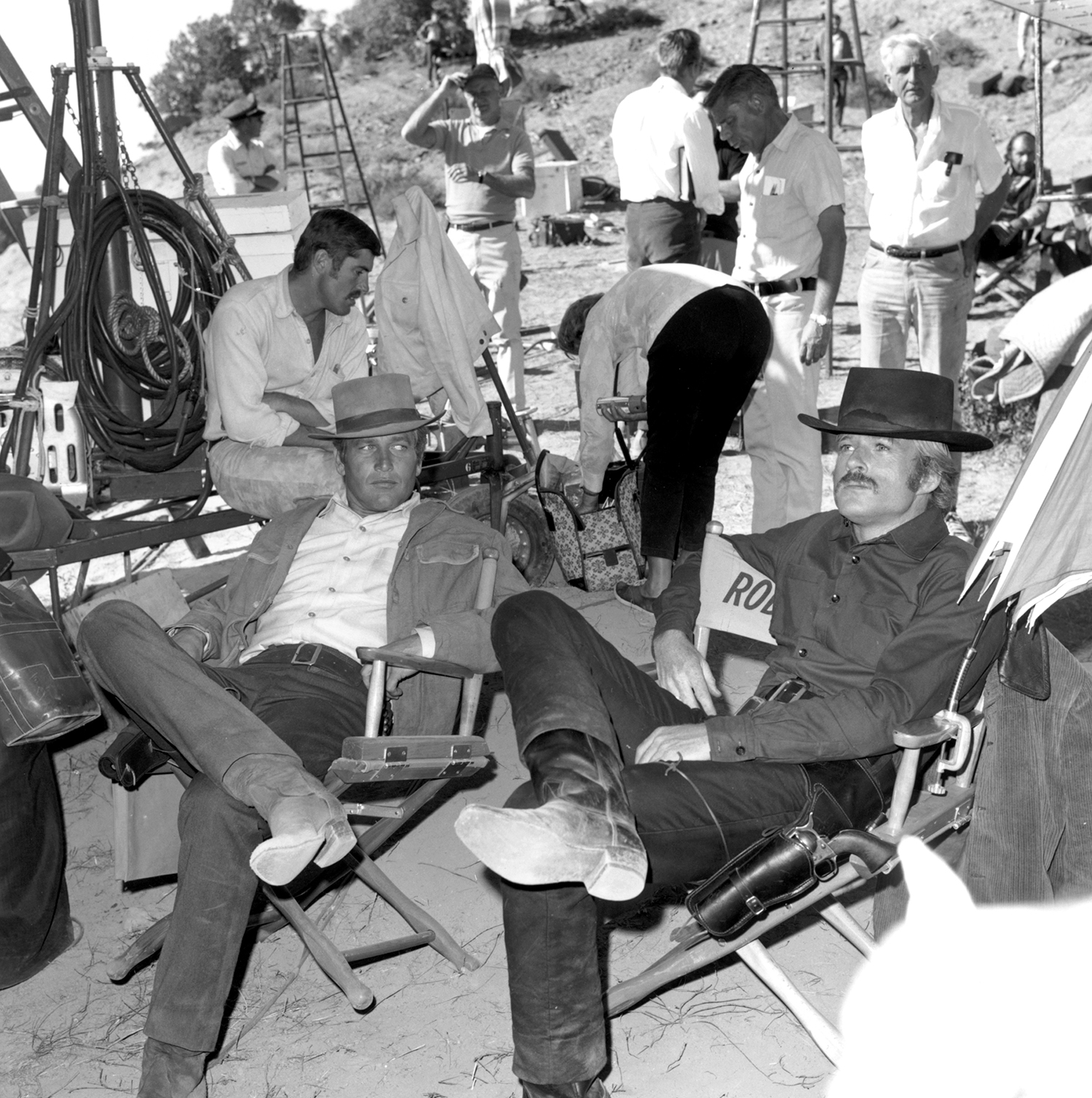ARI SHAPIRO, HOST:
Buckle up. We’re ready to get to work. That’s what Vice President Mike Pence told congressional Republicans in Philadelphia today. GOP lawmakers are holding a retreat to plot out an aggressive agenda for the next few months. They want to repeal Obamacare, pass a replacement plan and at the same time overhaul the tax code. They also want to fulfill President Trump’s pledge to build a wall on the U.S.-Mexico border.
Trump came to the congressional retreat today, and NPR’s congressional reporter Scott Detrow is also there. Hi, Scott.
SCOTT DETROW, BYLINE: Hey, Ari.
SHAPIRO: This is more power than Republicans in Washington have had for a long time. How are they planning to approach this very full to-do list?
DETROW: They are very eager to make up for lost time. It’s been a decade since they’ve had control of the House, the Senate and the White House, and that’s something President Trump joked about during his speech today, pointing to Paul Ryan who was on stage with him.
(SOUNDBITE OF ARCHIVED RECORDING)
PRESIDENT DONALD TRUMP: He is writing his heart out, right? And we’re actually going to sign this stuff that you’re writing. You’re not wasting your time.
(CHEERING, APPLAUSE)
TRUMP: He would write it. He’d send it up, and nothing would happen. But now it’s going to happen.
DETROW: So Ryan and other leaders are really anxious to pass laws, not just bills that get vetoed. They’re talking about a really aggressive schedule – repealing Obamacare and putting a replacement plan in place by April and then overhauling the tax code, major tax cuts by the end of August. Add to that a Cabinet that needs approval, hundreds of other executive appointments that need approval and, oh, yeah, a Supreme Court pick that’s coming in the next weeks. It’s…
SHAPIRO: Right, that too.
DETROW: …Pretty busy schedule.
SHAPIRO: Yeah. With such a busy schedule…
DETROW: That other thing.
SHAPIRO: …And Republicans controlling the White House, the House and the Senate, though not by a filibuster-proof margin, how much can Democrats actually do to slow this down?
DETROW: Democrats can slow it down, and there’s a few things that they will need to have a say on. But Republican leaders are trying to do their best to work around that. Take a listen to Mitch McConnell speaking this morning.
(SOUNDBITE OF ARCHIVED RECORDING)
MITCH MCCONNELL: You know, the two biggest issues we’re moving forward with the first half of the year obviously are repeal and replacing Obamacare and tax reform. Both of those we anticipate having little or no democratic cooperation. So we are working with the House to make sure these measures are reconcilable.
DETROW: Reconcilable – that’s Congress-speak for using a procedure where you only need 51 votes to pass a bill in the Senate, not that 60-vote threshold that means you need some Democratic support. That’s limited to things that affect the budget, though, and you still can’t create a new health care plan through reconciliation. So Republicans do still need some Democratic votes to do a lot of their agenda.
It’s interesting. Today, President Trump showed some frustration already with the pace of Congress. He made several comments about wanting his commerce secretary confirmed, wanting other members of his Cabinet confirmed. So far he’s only had four nominees be approved by the Senate.
SHAPIRO: There are so many moving pieces. Today, another one is that Mexico’s president canceled a trip to Washington, saying that Mexico will not pay for a border wall as Trump insisted it will. What did congressional Republicans have to say about that?
DETROW: Yeah, whether or not Mexico ultimately pays for this wall, everyone agrees that Congress is going to have to front the money to pay for it, and everybody agrees it’s going to be expensive. The figure that McConnell was using today was $12 to $15 billion. That would be in a spending package that’s coming in the next few months.
You know, for years, Republicans have insisted on finding funding for every spending project or cutting the same amount of money from somewhere else, but Speaker Ryan said this morning he’s expecting the White House to make what’s called a supplemental funding request. That’s the kind that’s normally used for emergency defense spending, to fund wars overseas.
But you know, you have the wall. You have other big spending projects. Paul Ryan and Mitch McConnell and President Trump all like to talk about how much they’re on the same page, but there could be some tension coming down the line here because Trump wants to spend a lot of money, and that really goes against the traditional Republican approach.
SHAPIRO: That’s NPR’s Scott Detrow speaking with us from the Republican congressional retreat in Philadelphia. Thanks, Scott.
DETROW: Thank you.
Copyright © 2017 NPR. All rights reserved. Visit our website terms of use and permissions pages at www.npr.org for further information.
NPR transcripts are created on a rush deadline by Verb8tm, Inc., an NPR contractor, and produced using a proprietary transcription process developed with NPR. This text may not be in its final form and may be updated or revised in the future. Accuracy and availability may vary. The authoritative record of NPR’s programming is the audio record.




